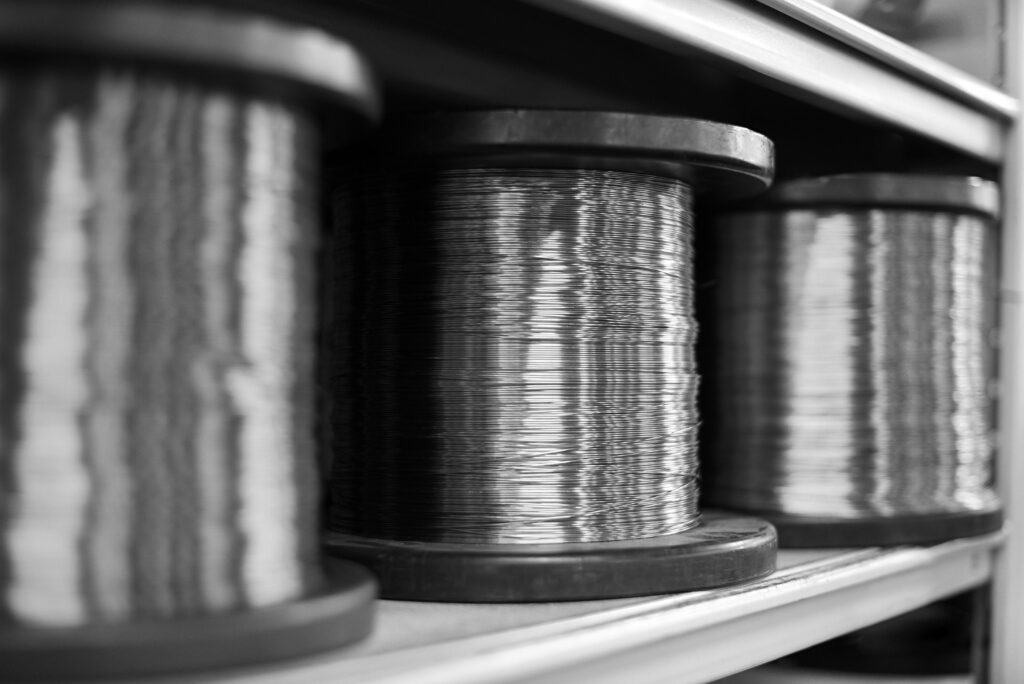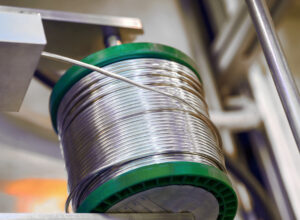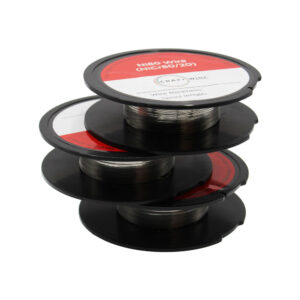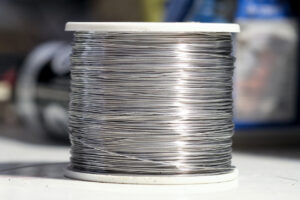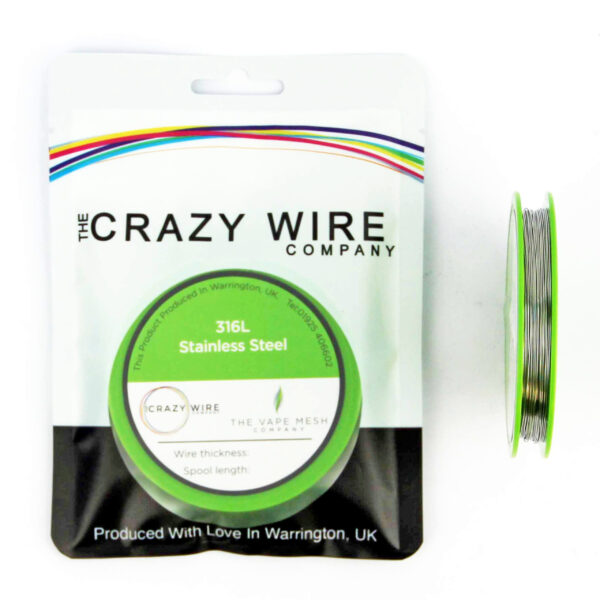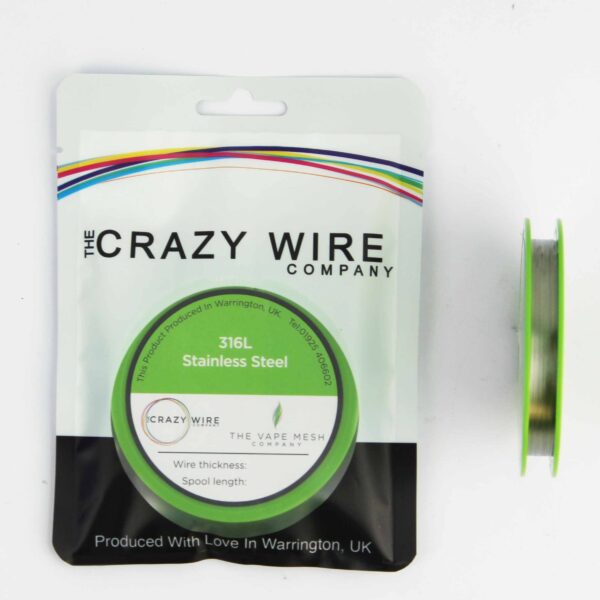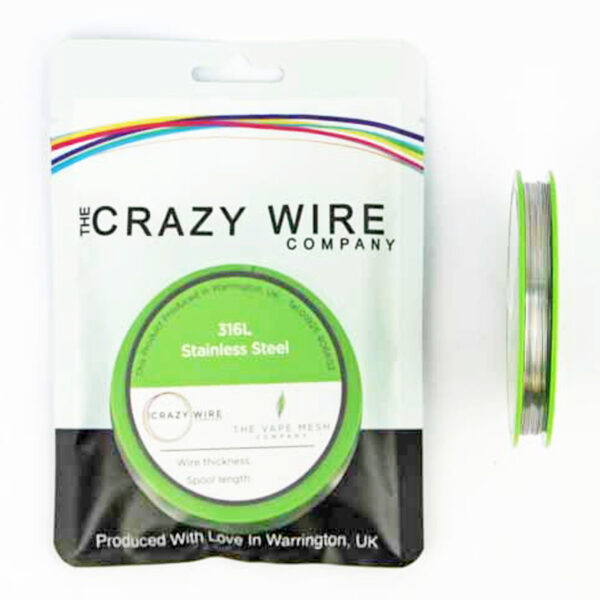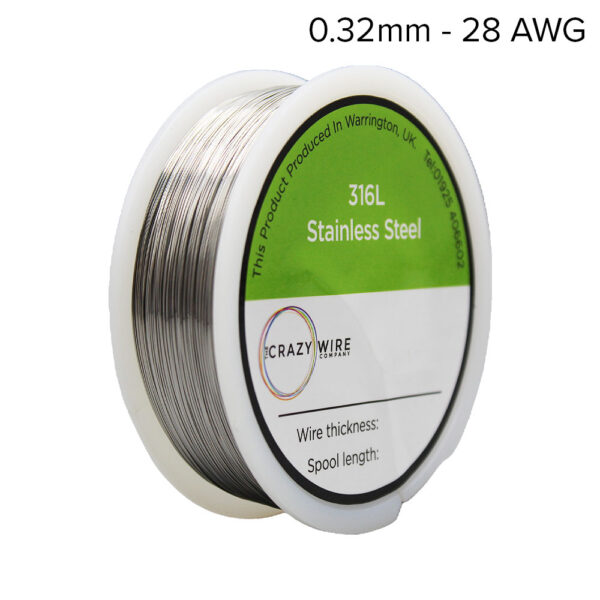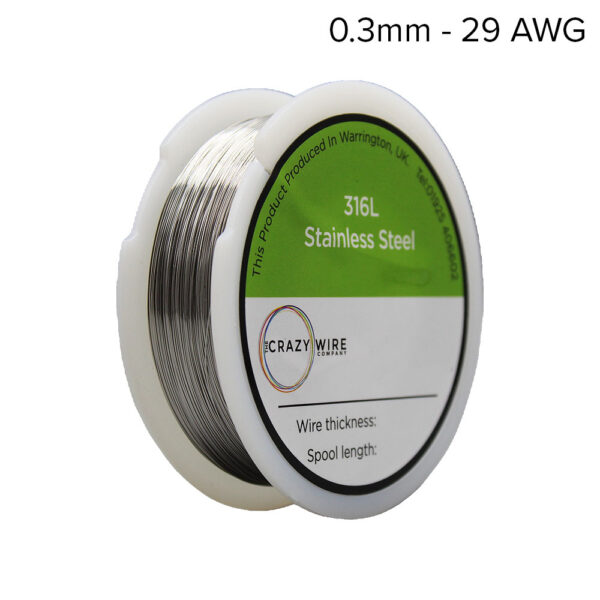Choosing the correct wire gauge is crucial for ensuring safety, efficiency, and durability in your project. Whether you are working on electrical wiring, heating elements, or crafting, selecting the right wire thickness will affect conductivity, flexibility, and resistance.
At The Crazy Wire Company, we stock a wide range of wire gauges for different applications, ensuring that you get the best performance for your needs. In this guide, we will cover:
What wire gauge is and why it matters
Understanding wire measurement systems (AWG vs SWG)
How to determine the right gauge for different applications (heating, structural, or electrical)
Comparison of wire types based on gauge
Highlighting The Crazy Wire Company’s wire sizes
What is Wire Gauge and Why Does It Matter?
Wire gauge refers to the thickness of a wire, which impacts its electrical resistance, current-carrying capacity, and mechanical strength. The gauge number is typically based on the American Wire Gauge (AWG) or Standard Wire Gauge (SWG) system.
Understanding Wire Gauge Measurement Systems: AWG vs SWG
| Feature | AWG (American Wire Gauge) | SWG (Standard Wire Gauge) |
|---|---|---|
| Measurement System | Based on diameter (inches/mm) | Imperial metric system |
| Numbering | Higher number = Thinner wire | Higher number = Thinner wire |
| Commonly Used In | Electrical wiring, heating elements | UK manufacturing, precision engineering |
| Example Gauge | 18 AWG = 1.024mm | 18 SWG = 1.219mm |
While AWG is commonly used in the US, SWG is still preferred in the UK and many engineering industries.
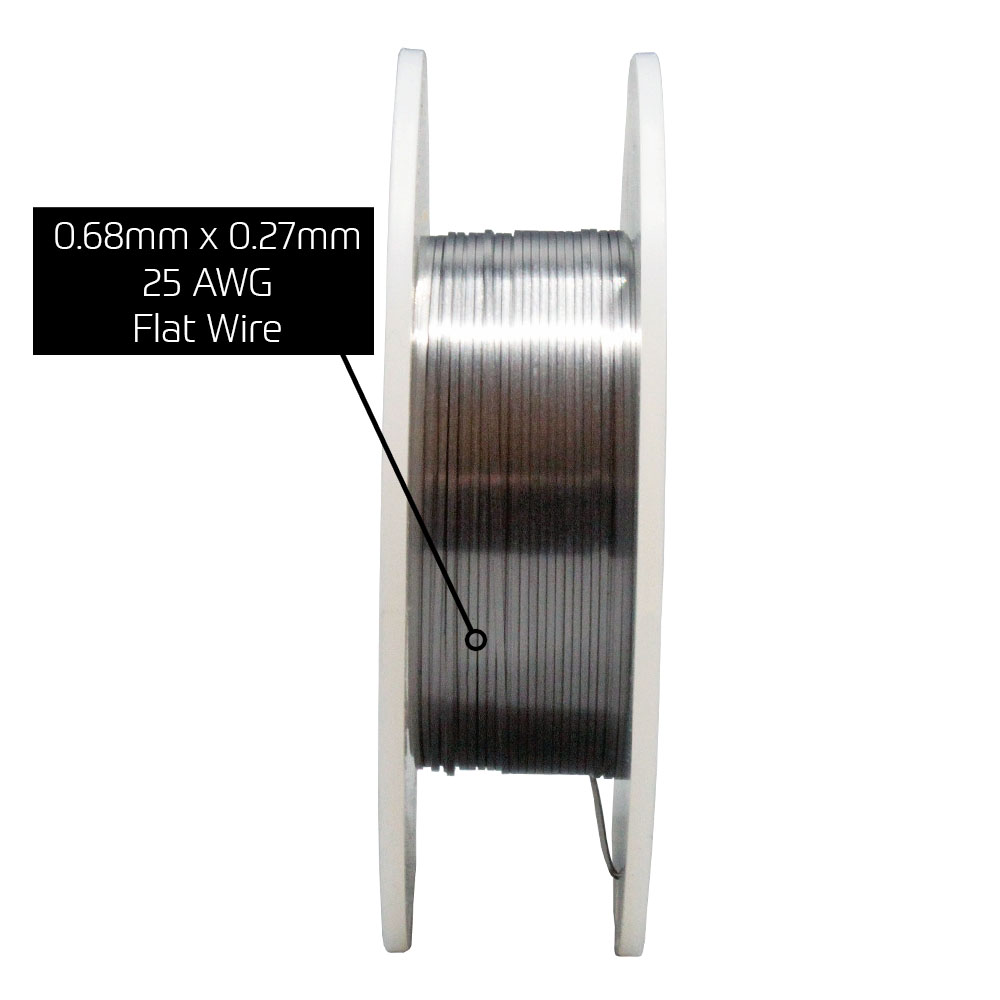
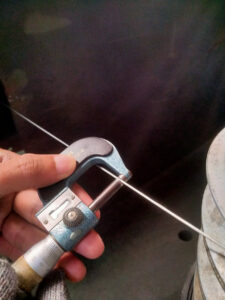
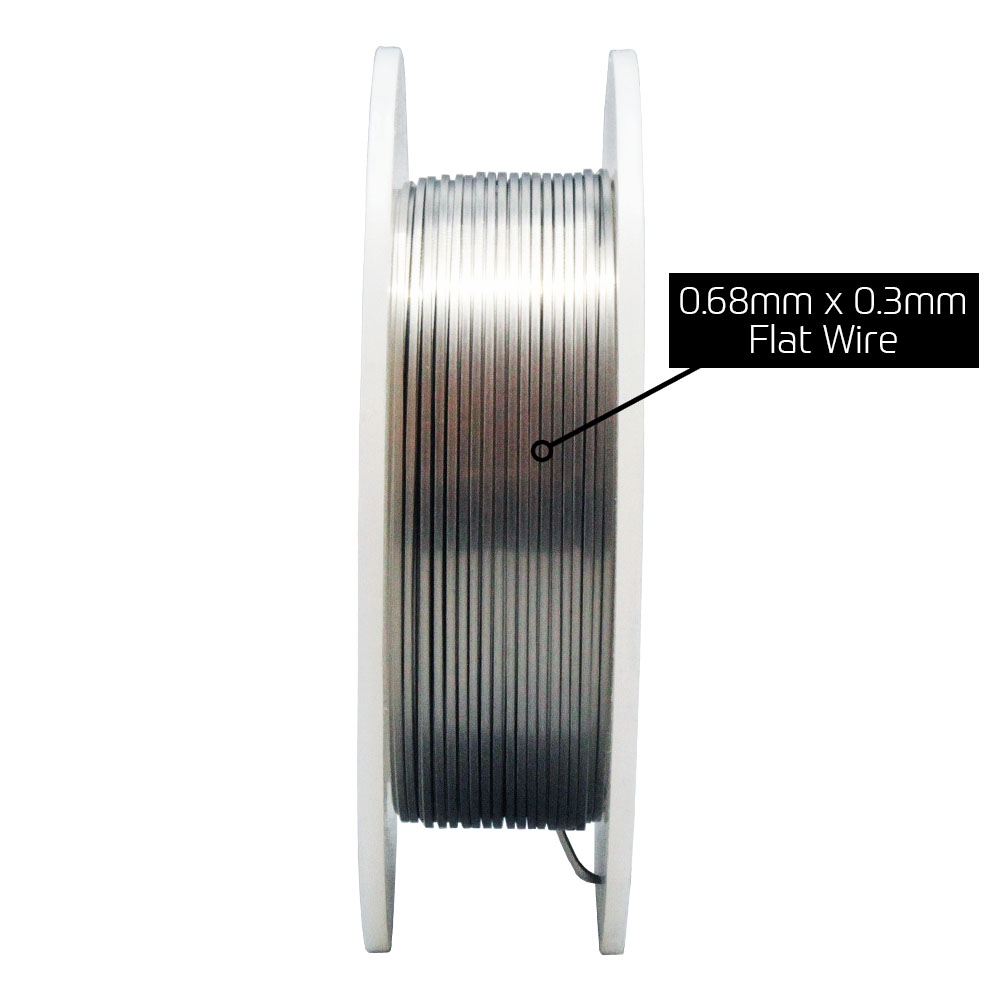
How to Determine the Right Wire Gauge for Your Project
The correct wire size depends on the application, current load, and environmental conditions. Here’s a guide to help you decide:
1. Choosing the Right Gauge for Heating Applications
For heating elements, selecting the right wire size ensures efficiency and longevity. Thinner wires generate more heat due to higher resistance, while thicker wires distribute heat more evenly.
| Application | Recommended Gauge |
| Small heating coils | 26-30 AWG |
| Heating elements for appliances | 18-24 AWG |
| Industrial heating wires | 10-16 AWG |
✅ Tip: Nichrome, FeCrAl, and Stainless Steel are commonly used for heating elements.
2. Choosing the Right Gauge for Structural Applications
If the wire needs to provide mechanical support, such as for fencing or framework, thicker wires are preferred.
| Application | Recommended Gauge |
| Jewellery and crafting | 24-32 AWG |
| Wire mesh and fencing | 14-18 AWG |
| Heavy-duty industrial use | 8-12 AWG |
✅ Tip: Stainless steel wire is often the best choice for structural applications due to its strength and durability.
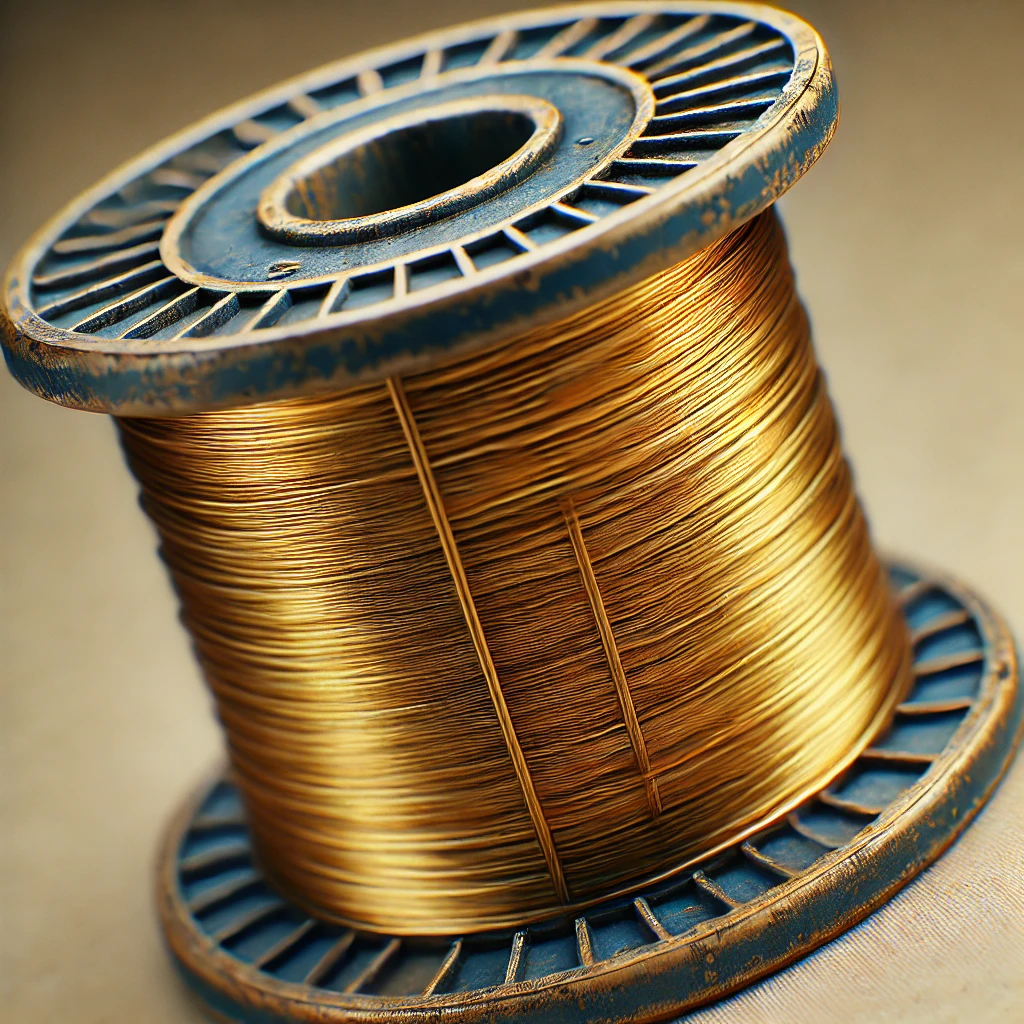
3. Choosing the Right Gauge for Electrical Applications
Different wisizes can handle different amounts of current before overheating. Below is a general guideline:
| Wire Gauge (AWG) | Diameter (mm) | Max Current (Amps) | Common Applications |
| 30 AWG | 0.25 | 0.86 | Precision electronics, fine crafting |
| 24 AWG | 0.51 | 3.5 | Small electrical components |
| 18 AWG | 1.02 | 10 | General wiring, DIY projects |
| 14 AWG | 1.63 | 32 | Power circuits, heating elements |
| 10 AWG | 2.59 | 55 | Industrial wiring, high power loads |
✅ Tip: Always select a wire size that exceeds the required current load to ensure safety and efficiency.
4. Factor in the Length of the Wire
Longer wires experience more resistance, leading to voltage drops. If your project requires a long wire run, you may need a thicker gauge. Use this wire length vs. gauge chart to avoid excessive voltage drop:
| Wire Gauge | Max Distance for 12V (5% Voltage Drop) |
| 30 AWG | 0.8 metres |
| 24 AWG | 3 metres |
| 18 AWG | 7 metres |
| 14 AWG | 18 metres |
| 10 AWG | 45 metres |
✅ Tip: If your wire run is long, choose a thicker wire to prevent energy loss.
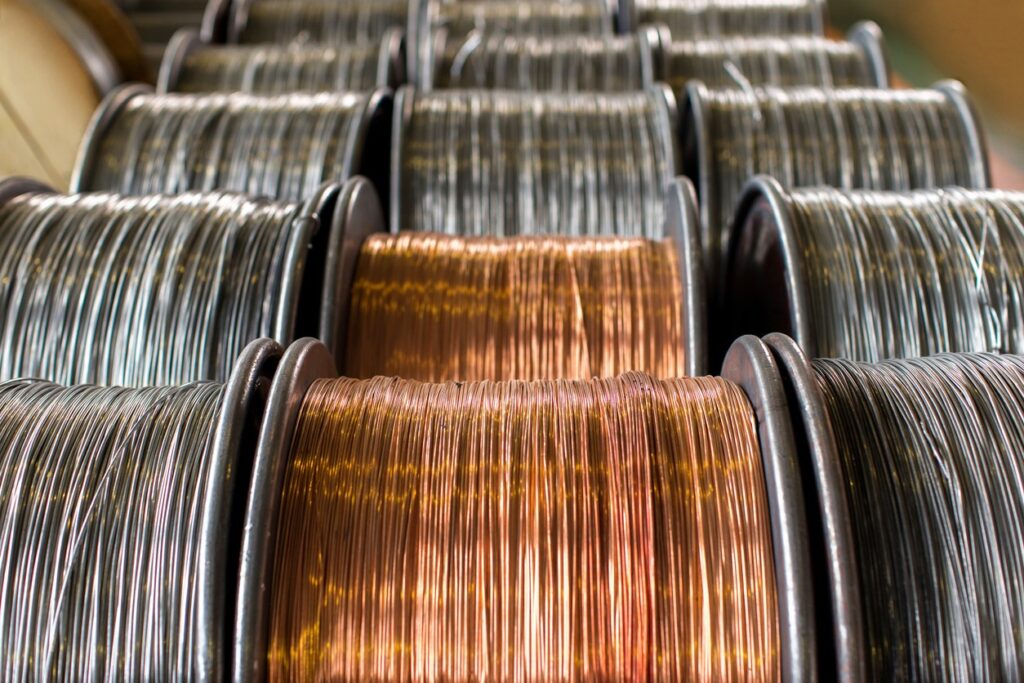
Highlighting The Crazy Wire Company’s Wire Gauge Range
At The Crazy Wire Company, we stock an extensive selection of wire thicknesses across multiple materials, including:
✅ Nichrome wire – Ideal for heating elements and resistance applications.
✅ FeCrAl Wire – High-heat applications such as industrial furnaces.
✅ Stainless Steel wire – Perfect for structural support and high-resistance applications.
✅ Copper wire – Best for electrical conductivity and general wiring needs.
✅ Fast UK dispatch and expert guidance available!
Conclusion: Selecting the Best Wire Gauge for Your Project
Choosing the right wire size is essential for efficiency, safety, and performance. By considering current load, wire length, and application type, you can ensure you select the best wire for your needs. Whether you need fine-gauge wire for precision electronics or heavy-duty wire for industrial applications, The Crazy Wire Company has you covered.
✔ Browse our full selection of high-quality wire today and find the perfect fit for your project!

